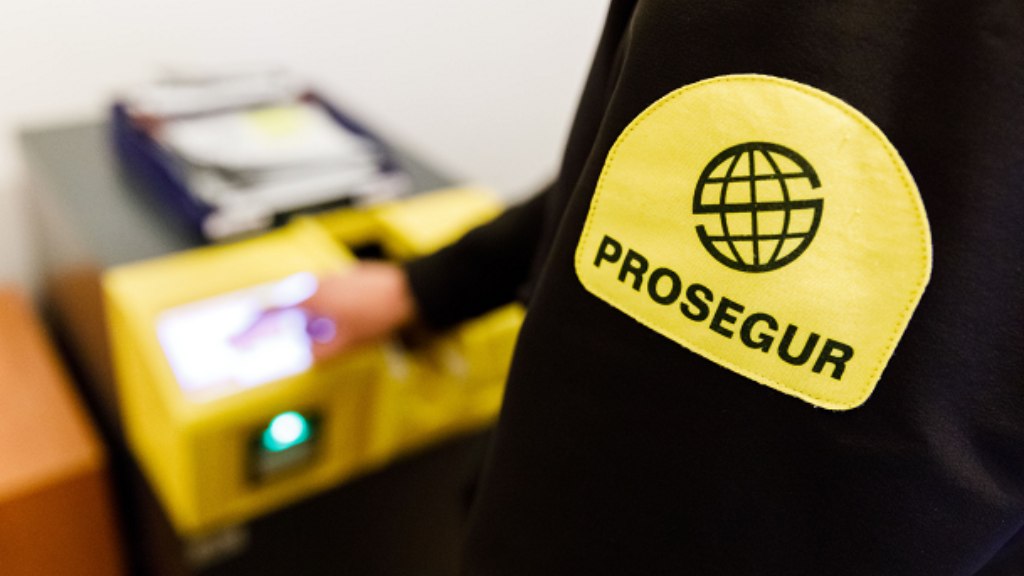
The pandemic forced many consumers to go online to make even the most basic purchases. In fact, US consumers spent about $214.6 billion shopping online in the third quarter of 2021, according to a U.S. Department of Commerce’s quarterly e-commerce report. That’s about a 50% increase when compared with the pre-pandemic third quarter of 2019, before shoppers went into lockdown.
As we all know, thieves like to follow the money. So as more Americans started receiving packages at home, porch piracy, the act of stealing delivered packages from front stoops, became a lucrative business for crooks. If a thief couldn’t make use of the item itself, they could readily sell it through Craig’s List or an online market like eBay and keep the cash.
Twenty-three million Americans report having at least one package stolen from their porch. And with three billion packages being delivered this holiday alone, “porch-pirating” could escalate as one of the key challenges in e-commerce sales.
Online orders aren’t the only packages crooks are swiping. Many people receive medicines and legal documents via the various carriers and those packages are also getting lifted.
One of the main reasons porch piracy is so out of control is because it’s simple to get away with and even those offenders who are apprehended face little more punishment than a slap on the wrist. Unfortunately, porch piracy, in most instances, is classified as a misdemeanor in a majority of state and local jurisdictions.
The good news is, some states are trying to update their laws by establishing tougher penalties for those stealing packages left on porches by commercial delivery carriers. Under these new bills, package theft would become a felony – as it currently is for packages delivered by the U.S. Post Office. The legislation would extend the felony classification to include packages left by commercial carriers like Fed Ex, DHL, UPS, and Amazon Prime.
While the felony charges may serve as a deterrent, for most opportunistic street thieves, a box sitting unattended in plain sight is too big an opportunity to pass up. Many of these criminals are learning they can bypass security features like the Ring doorbells simply by wearing a mask, hoodie, and heavy clothing. They’ve also learned to park away from the residence, so the cameras won’t capture their car’s details or license plate number.
This means it’s not enough to “see” what is happening on the porch. The real solution is to find a secure place for the package to reside until the consumer can pick it up. This is where a new technology known as AI-assisted “entry management” comes in.
New entry management systems that utilize an AI-driven security device can be integrated with smart mailboxes, smart locks, e-commerce logistics, and endless other smart devices.
Now, your doorbell camera more than sees a delivery person, it recognizes them! It can also record their actions, allow them to leave packages in a smart box or monitored area, or even open the door to place the package safely inside.
One of these devices, known as GLO, was developed by technology entrepreneur Ron Carter. You might not know the name, but Carter is the man who pretty much launched the current video surveillance doorbell industry. He holds the patents utilized by RING and many other video doorbell companies.
Under entry management, consumers can create virtual keys to provide and manage temporary access to trusted individuals, like delivery personnel or a neighbor. The consumer can unlock the door and let the UPS worker place the package in the foyer and then leave. The whole time, the interaction is monitored, and the entry is re-secured.
In another use case, a lockbox secured to the porch is used to store important mail or packages, again with an AI-enabled platform allowing authorized delivery workers access to the container.
Carter’s hope is that this new technology, coupled with new legislation on the horizon, will make porch piracy too difficult and risky for common thieves to continue undertaking. A move that will make eCommerce much more secure and reliable for consumers globally.



